How to Immigrate to Italy- Places to Visit and Job Opportunities
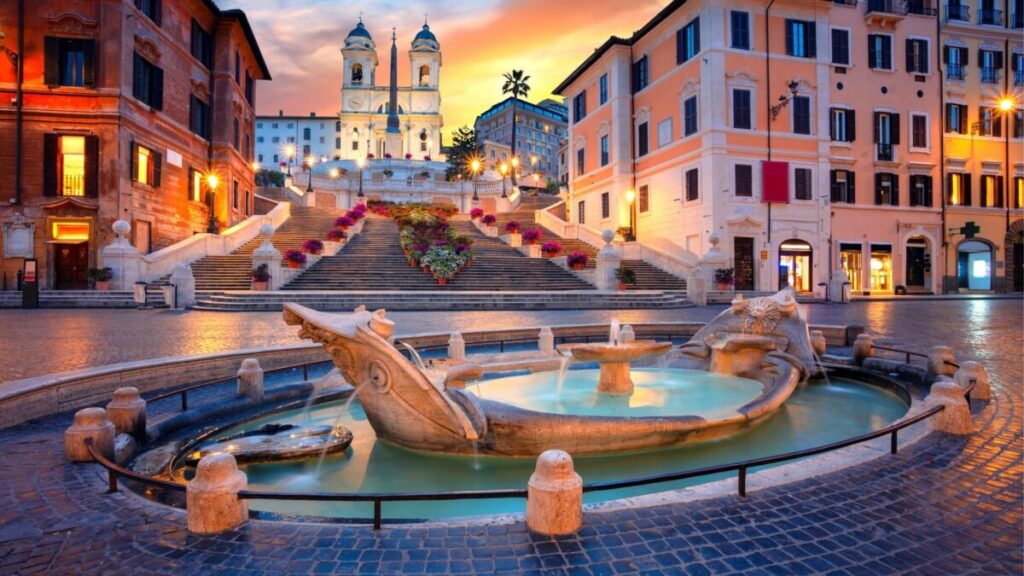
Immigrating to Italy-Process-Job Opportunities and Places to Visit
Italy is known for its beautiful and diverse landscapes that attract millions of tourists each year. The country’s natural beauty is complemented by a rich culture, excellent food and wine, and a high standard of living that contribute to an overall high quality of life. In this article, we’ll explore the quality of life in Italy and its scenic landscapes.
Quality of Life in Italy:
Italy is one of the most developed and prosperous countries in the world. The country has a high standard of living and is renowned for its cultural heritage, culinary traditions, and lifestyle. Italians enjoy a high level of social welfare, including universal healthcare, free education, and a strong social security system. Italy also boasts a high life expectancy and low infant mortality rate, which are indicators of a high quality of life.
Italy’s economy is driven by several sectors, including tourism, fashion, and automotive manufacturing. The country is home to several leading global companies, including Fiat, Ferrero, and Luxottica. Italy has a highly educated workforce, and the country invests heavily in research and development. These factors contribute to a high standard of living for its citizens.
Scenic Landscapes in Italy:
Italy offers a high quality of life and a diverse range of scenic landscapes that make it one of the most popular tourist destinations in the world. Whether you’re interested in exploring the country’s rich cultural heritage or simply want to enjoy its stunning natural beauty, Italy has something for everyone.
Italy’s landscape is diverse and encompasses everything from stunning coastlines and pristine beaches to rugged mountains and rolling hills. Some of the most famous and picturesque landscapes in Italy include:
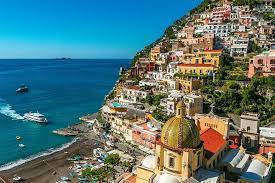
The Amalfi Coast – Located in southern Italy, the Amalfi Coast is a stretch of coastline that is renowned for its rugged cliffs, picturesque villages, and crystal-clear waters. The region is also home to several ancient ruins and historic landmarks.
Tuscany – Tuscany is a region in central Italy that is known for its rolling hills, vineyards, and olive groves. The region is home to several famous cities, including Florence, Siena, and Pisa.
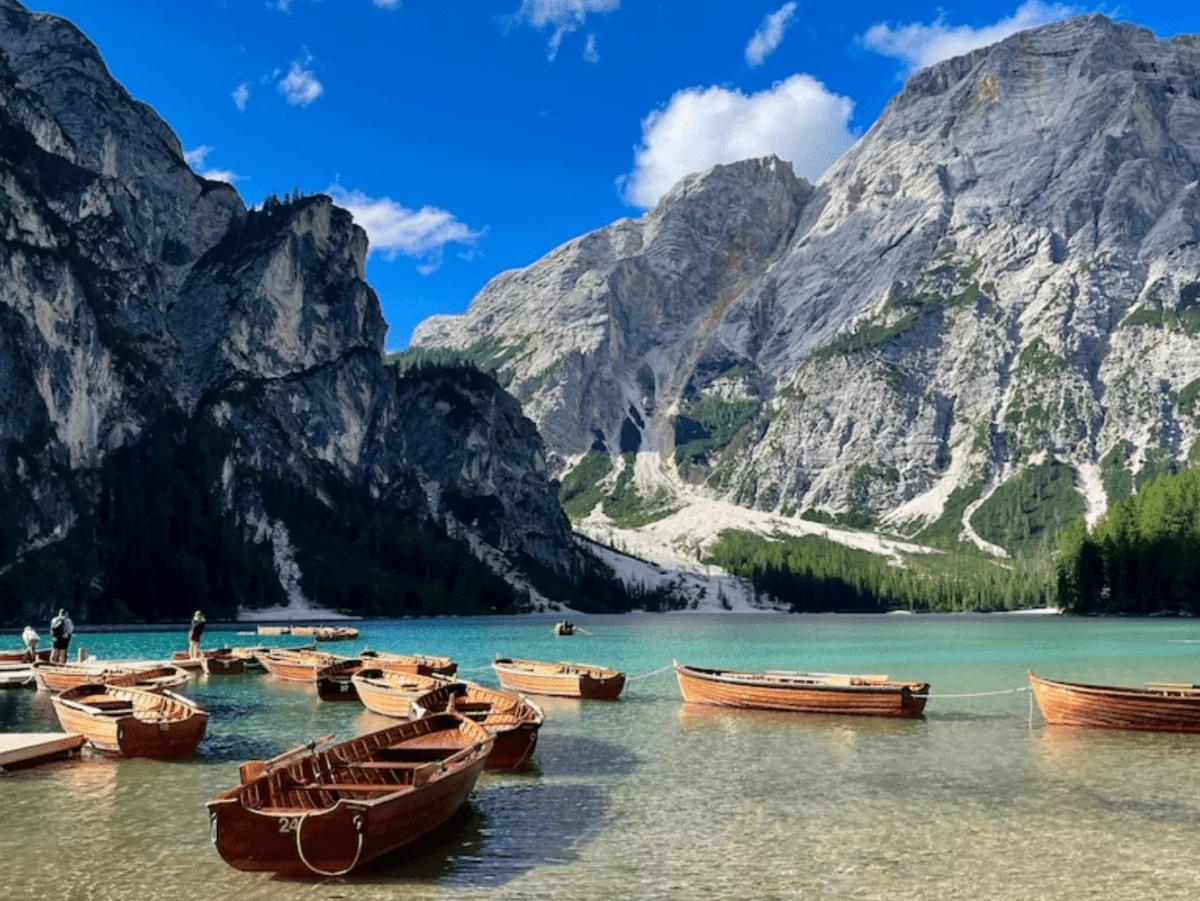
The Dolomites – The Dolomites are a mountain range in northeastern Italy that is renowned for its rugged peaks, crystal-clear lakes, and stunning alpine scenery. The region is a popular destination for skiing, hiking, and other outdoor activities.
Lake Como – Lake Como is a glacial lake located in northern Italy. The lake is surrounded by picturesque towns and villages and is known for its crystal-clear waters and stunning mountain scenery.
The Cinque Terre – The Cinque Terre is a collection of five small villages located on the coast of Liguria in northwest Italy. The villages are known for their colorful houses, narrow streets, and stunning sea views.
Law and Order Situation in Italy
Italy generally has a relatively low crime rate, and the law and order situation in the country is considered to be good. The Italian government has a comprehensive legal system in place that is designed to maintain social order and ensure public safety.
The Italian police force is responsible for maintaining law and order in the country. There are several different types of police units in Italy, including the Polizia di Stato (State Police), the Carabinieri (Military Police), and the Guardia di Finanza (Financial Police). Each of these units has specific responsibilities and operates in different areas of law enforcement.
The Italian legal system is based on civil law and is divided into two main categories: criminal law and civil law. Criminal law is concerned with the prosecution of crimes, while civil law deals with disputes between individuals or organizations. The Italian court system is divided into four main levels: the justice of the peace, the tribunals, the courts of appeal, and the Supreme Court of Cassation.
Law and Order Situation improving fast in Italy though some high risk areas remain
In recent years, Italy has taken steps to improve its law and order situation, particularly with regard to organized crime. The Italian government has implemented a number of initiatives aimed at combating organized crime, including increasing the number of police officers and prosecutors assigned to these cases, increasing sentences for convicted criminals, and seizing assets obtained through illegal means.
Despite these efforts, however, there are still some areas of the country that are considered to be high-risk in terms of crime. Tourists are advised to exercise caution in certain areas, particularly in large cities such as Rome, Naples, and Milan. It is also recommended that tourists take appropriate safety measures, such as keeping valuables out of sight and avoiding walking alone in unfamiliar areas at night.
Job Prospects in Italy
Here is a detailed overview of the job prospects in Italy:
Industries:
Italy has a diversified economy, and some of the top industries that provide excellent job opportunities include:
Manufacturing: Italy has a well-established manufacturing industry, which includes the production of textiles, fashion, automobiles, machinery, and technology. The manufacturing sector provides jobs for millions of people and is a significant contributor to the country’s economy.
Tourism: Italy is one of the world’s most popular tourist destinations, attracting millions of visitors each year. The tourism industry provides employment opportunities for a vast number of people, including tour guides, hotel staff, restaurant workers, and transportation workers.
Agriculture: Italy has a thriving agricultural industry, producing a range of crops, including grapes, olives, tomatoes, and citrus fruits. The sector provides jobs for thousands of people, including farmers, farmhands, and agricultural managers.
Healthcare: The healthcare sector in Italy is growing, with an increasing demand for medical professionals. Doctors, nurses, and other healthcare workers are in high demand, making the sector a promising area for job seekers.
Information Technology: Italy has a growing IT industry, which includes software development, cybersecurity, and data analysis. The industry provides job opportunities for IT professionals and engineers.
Language:
Italian is the official language in Italy, but English is also widely spoken, especially in tourist areas and major cities. However, speaking Italian is an advantage for finding a job in Italy, as it can open up more opportunities, especially in the service and tourism industries.
Work Permit/ Visa and Salary :Levels-Education and Qualifications:
Italy has a high standard of education, and qualifications are valued highly in the job market. Universities and other educational institutions in Italy provide high-quality education and offer a range of courses, including vocational training programs. Having a degree or professional qualification can be beneficial when seeking employment in Italy.
Work Permits and Visas:
Foreigners who wish to work in Italy must have a valid work permit and visa. The Italian government has specific requirements for obtaining a work permit, and it is essential to research these requirements thoroughly. In addition, certain professions, such as teaching and healthcare, require specific qualifications and certifications.
Wages and Working Hours:
Wages in Italy vary depending on the industry and the job. The minimum wage in Italy is set by the government and is adjusted annually. The average working week in Italy is 40 hours, and employees are entitled to a minimum of 4 weeks’ paid holiday per year.
Job Opportunities for Non-Italian Speakers:
While Italian language proficiency can be an advantage when seeking employment in Italy, there are still opportunities for non-Italian speakers. The country’s international companies, including those in the technology and finance sectors, often seek multilingual employees who can speak English or other European languages.
In conclusion, Italy offers a range of job opportunities in various industries, including manufacturing, tourism, agriculture, healthcare, and information technology. To succeed in the job market, it is essential to have the necessary qualifications, language proficiency, and work permits.
Process of Immigration to Italy
The process of immigrating to Italy can be complex and time-consuming. Here is an overview of the steps involved in applying for immigration to Italy and the expenses associated with it:
Determine Eligibility:
The first step in applying for immigration to Italy is to determine if you are eligible. There are several categories of visas available for immigrants, including family visas, work visas, and study visas. It is essential to research the different visa options and determine which one is best for your situation.
Gather Required Documents:
Once you have determined the visa category that is right for you, the next step is to gather the required documents. The documents required vary depending on the type of visa, but typically include a passport, proof of financial support, medical certificates, and police clearance certificates.
Submit the Application:
After gathering the required documents, the next step is to submit the application. This can be done online or in person at the Italian embassy or consulate in your home country. It is essential to ensure that the application is completed correctly and that all the required documents are included.
Attend the Interview:
After submitting the application, you may be required to attend an interview with an Italian consular official. During the interview, you may be asked questions about your background, your reasons for immigrating to Italy, and your plans for living in the country.
Wait for the Decision:
After the interview, you will need to wait for a decision on your application. The processing time for immigration applications can vary depending on the visa category and the volume of applications being processed.
Expenses on Immigration:
The expenses associated with immigrating to Italy can vary depending on several factors, including the visa category and the country of origin. Some of the typical expenses include:
Visa Application Fee: The cost of the visa application fee can vary depending on the visa category and the country of origin. The fees are non-refundable, even if the application is denied.
Legal and Translation Services: If you require legal or translation services to complete your application, you will need to pay for these services.
Travel Expenses: If you are required to attend an interview in person, you will need to pay for travel expenses, including airfare, accommodation, and transportation.
Health Insurance: Some visa categories require applicants to have health insurance. The cost of health insurance can vary depending on the type of policy and the insurance provider.
Cost of Living: Once you have immigrated to Italy, you will need to consider the cost of living. This includes expenses such as rent, food, and utilities.
It is essential to research the visa options and requirements thoroughly and to ensure that all the required documents are included in the application. It is also important to consider the expenses associated with immigration and to have a plan for managing these costs.
Racism in Italy
Unfortunately, like in many other countries around the world, racism does exist in Italy. However, it is important to note that the extent and nature of racism in Italy can vary depending on the region, community, and individual attitudes.
There have been reported cases of discrimination and prejudice against individuals and groups based on their race, ethnicity, religion, or nationality. Immigrants and people of color have often been the targets of such discrimination. Moreover, in recent years, there has been a rise in anti-immigrant sentiments and actions by far-right political groups in Italy.
Additionally, the treatment of ethnic minorities in Italy, particularly Roma or Sinti communities, has been a source of controversy and concern. These communities have often faced discrimination, marginalization, and exclusion from mainstream society, and their rights have been violated.
Despite these issues, it is important to note that Italy is a diverse country with a rich cultural heritage, and many Italians reject racism and discrimination. The Italian government has also taken some steps to combat racism and discrimination, including the adoption of laws and policies aimed at promoting diversity and social inclusion.
Overall, while racism and discrimination do exist in Italy, it is important to acknowledge the complexity of the issue and the diversity of experiences among different communities and regions.

 Recent Changes to Canada’s Work Permit Rules and its impact on Immigrants from India
Recent Changes to Canada’s Work Permit Rules and its impact on Immigrants from India  Applications for UK Immigration witness major decline as the Immigration Laws undergo significant changes
Applications for UK Immigration witness major decline as the Immigration Laws undergo significant changes  Recent Changes to Canada’s Temporary Foreign Worker Program (TFWP) Effective May 1, 2024
Recent Changes to Canada’s Temporary Foreign Worker Program (TFWP) Effective May 1, 2024 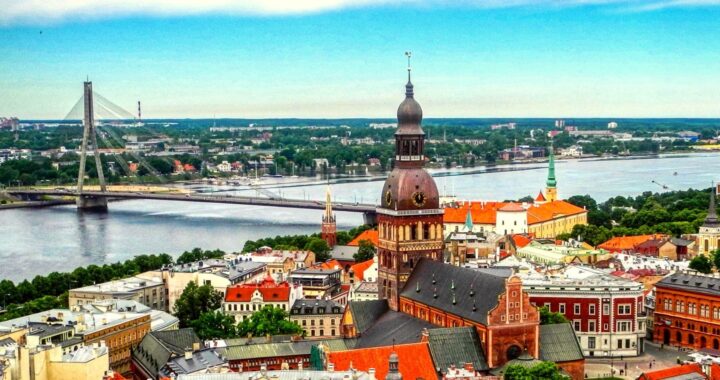 Immigration Process to Latvia and Job Prospects
Immigration Process to Latvia and Job Prospects  Notario Fraud- a rampant fraudulent practice trapping immigrants to US and Canada
Notario Fraud- a rampant fraudulent practice trapping immigrants to US and Canada 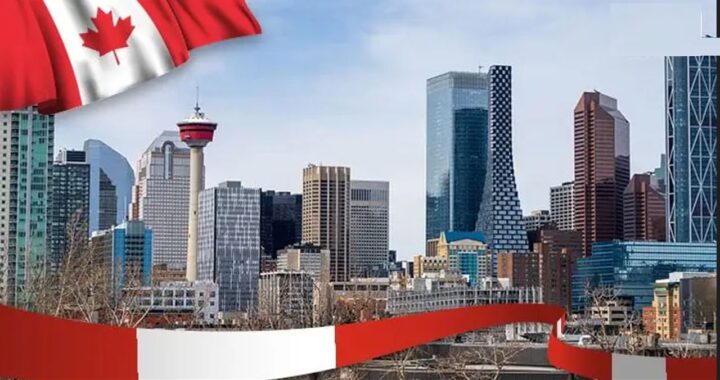 Canada Immigrant Investor Program 2024- loaded with many good features- Check out here
Canada Immigrant Investor Program 2024- loaded with many good features- Check out here  What actions by Trump Government are in store for illegal immigrants in US? What are Challenges to deport illegal immigrants from US?
What actions by Trump Government are in store for illegal immigrants in US? What are Challenges to deport illegal immigrants from US?  What are changes in Canada Start up Visa Program and Self-Employed Persons Program. How would it affect the potential immigrants to Canada?
What are changes in Canada Start up Visa Program and Self-Employed Persons Program. How would it affect the potential immigrants to Canada?